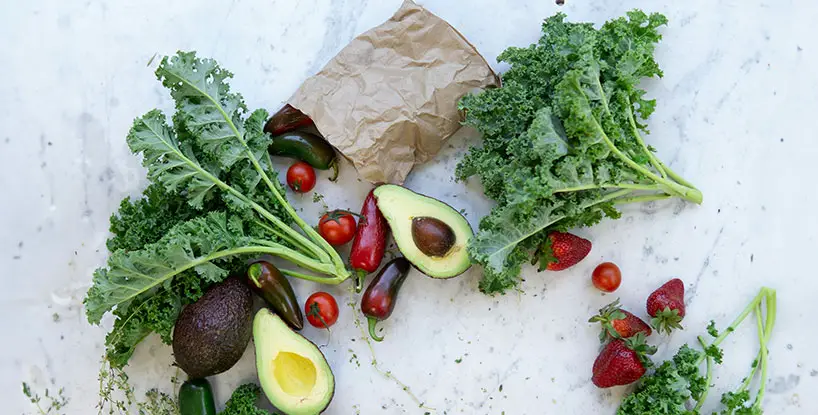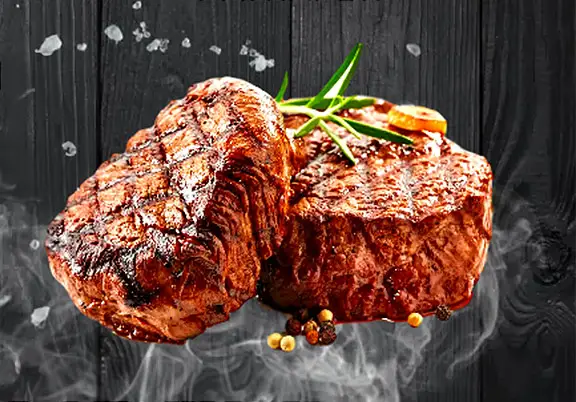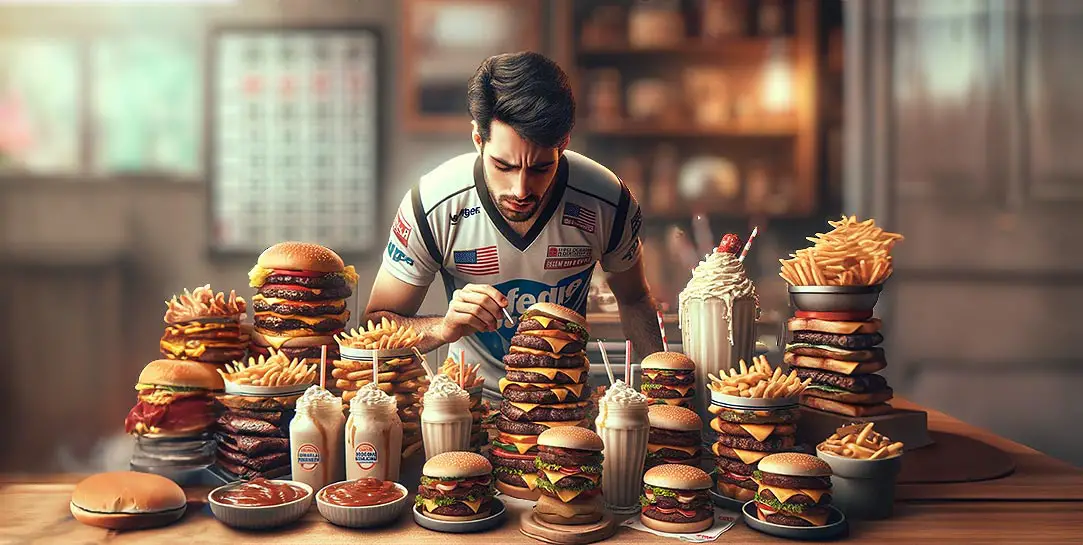Ultimate Guide to Dominating Your Next Eating Challenge: 24-Hour Preparation Blueprint
February 21, 2024
By Jay Thomas
Preparing for an eating challenge involves strategic planning beyond mere participation. The 24 hours leading up to the event are pivotal in maximizing your performance and ensuring you’re primed for victory. This comprehensive guide leverages the foundational techniques discussed in our previous articles on enhancing stomach capacity through food and water intake, synergizing these methods for peak readiness, and a detailed 48-hour intensive preparation plan. Familiarity with those strategies is advisable for the full benefit of this guide.
The Final ‘max out’ Meal
The max out meal, eaten 18-22 hours before an eating challenge, stretches your stomach using low-calorie, high-fiber foods and fruits for optimal performance. It’s crucial for ensuring you start the challenge with an empty, elastic stomach, primed to handle large volumes of food efficiently. Proper timing and hydration are key to maximizing its benefits without discomfort.
- Purpose: To stretch the stomach to its near-max capacity, ensuring it can handle the volume of food during the challenge.
- Composition: Focuses on low-calorie, high-volume foods like leafy greens and fruits that are rich in water content, aiding both in hydration and stomach expansion.
- Timing: Ideally consumed 18 to 22 hours prior to the challenge, this timing allows for complete digestion and elimination, ensuring an empty stomach at the start of the event.
- Hydration: Following up with water after the meal helps further stretch the stomach and aids digestion, but it’s crucial to balance intake to avoid discomfort.

Key Components of the Max Out Meal
The max out meal, eaten 18-22 hours before an eating challenge, stretches your stomach using low-calorie, high-fiber foods and fruits for optimal performance. It’s crucial for ensuring you start the challenge with an empty, elastic stomach, primed to handle large volumes of food efficiently. Proper timing and hydration are key to maximizing its benefits without discomfort.
- Food Selection: Prioritize easily digestible, high-fiber, and water-rich foods, such as certain fruits and vegetables, to aid in digestion and subsequent elimination. Consult our Low-Calorie Stomach Training Foods list for optimal choices.
- Supplementation: A fiber supplement or a gentle laxative may be necessary to ensure thorough digestion and clearance before the challenge.
- Consumption Strategy: Aim to eat to your maximum capacity without discomfort, allowing time for the food to settle before focusing on hydration.
Pre-Challenge Hydration and Rest
Following your max out meal, proper hydration is your next priority. Begin hydrating about an hour after eating to aid in digestion and set the stage for the following day. It’s crucial to maintain a balanced pace of water intake, ceasing a few hours before sleep to ensure a restful night without frequent interruptions.
- Moderate Intake: Avoid excessive water consumption in short periods; aim for a consistent, moderate pace.
- Quality Rest: Secure a good night’s sleep by avoiding disruptive late-night activities, including social outings or alcohol consumption.

Day of the Challenge: Strategic Execution
Your strategy on the day of the eating challenge will vary depending on its scheduled time. Tailor your approach for morning versus afternoon or evening challenges, adjusting wake-up times, hydration, and pre-challenge meals accordingly.
- Initiate with Hydration: Start with 16 to 20 ounces of water to activate your digestive system.
- Liquid Breakfast: Opt for a non-solid breakfast, such as a protein shake or yogurt, to avoid premature filling of your stomach.
- Final Stretch: If the schedule allows, perform a final liquid stretch, ideally with an electrolyte-rich beverage to maintain hydration without overfilling.
- Exercise: A light workout can enhance hunger and challenge readiness.
- Adapt for Evening Challenges: For later events, a light, solid breakfast can maintain energy levels, followed by a liquid meal and optional final stomach stretch in the afternoon.

Primed for Victory
Recent Food Challenges

Darlo vs Dough Challenge
Darlo vs Dough Challenge. Get challenge Info, Price, Time Limit, and Rewards. Located in Darlington, County Durham.

Queen’s Head Steak Challenge
The Queen’s Head Steak Challenge. Get challenge Info, Price, Time Limit, and Rewards. Located in Wednesdbury.
More Tips & Tricks

Recovery From Spicy Food Challenges
Explore effective strategies for tackling Spicy Food Challenges”. Learn about immediate remedies, effects, and how to cope with spice.
Get the Latest Food Challenge News
Quick Links
Food Challenges UK
Dedicated to bringing you up-to-date information on eating challenges across the UK.

